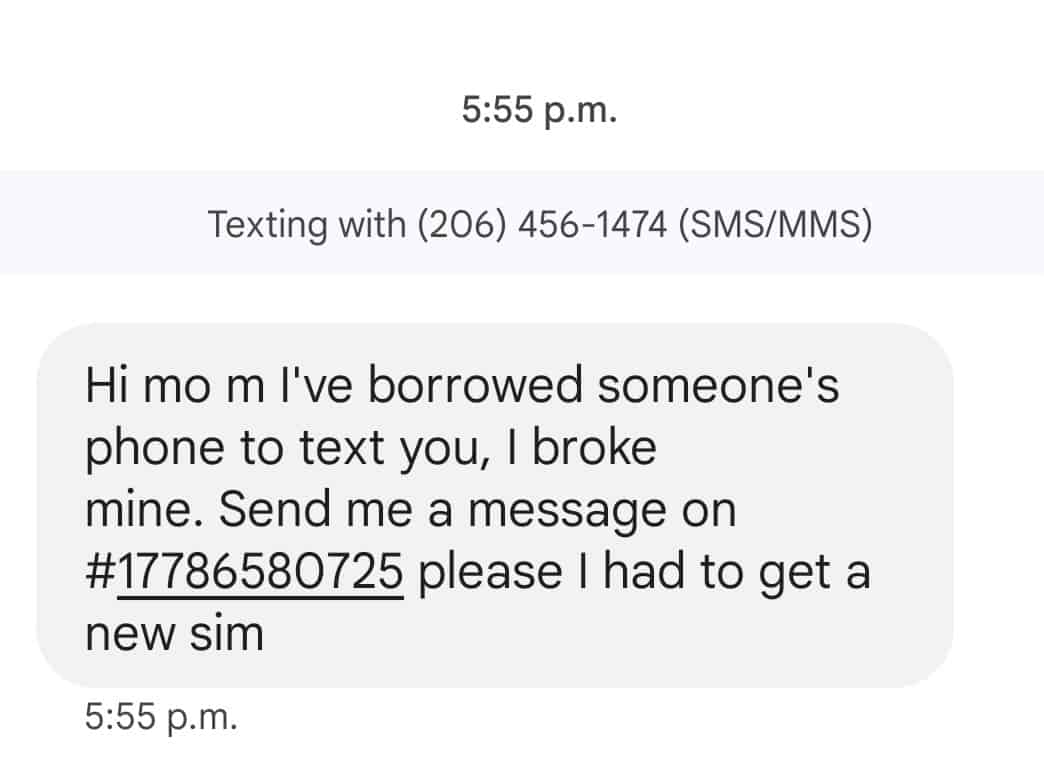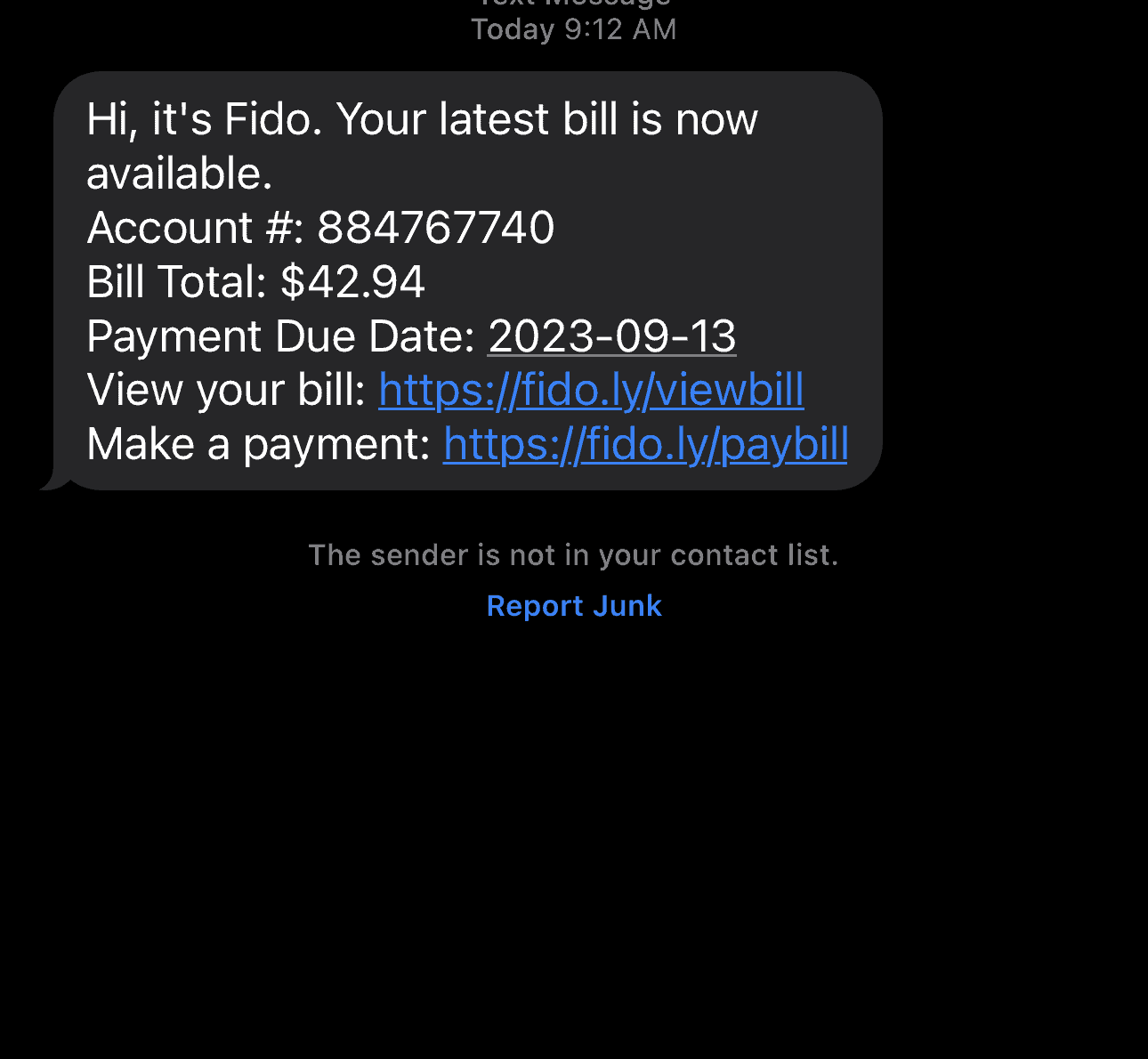Photo by Greta Hoffman
The rise of new scams in Mississauga and Brampton is posing a growing challenge for residents, making it increasingly difficult to distinguish between legitimate businesses and fraudulent schemes.
Here are five scams that hit the Peel region last month:
Utility bill scam

Photo: canadabuzz.ca
Scammers offer victims enticing deals, promising up to a 50% discount on various bills like hydro, gas, and phone services.
Deceptive tactics are used to trick homeowners into sharing their personal billing information. Once scammers have this data, they create fake bill payments on behalf of the victims.
To gain trust, the scammers will send the homeowners fake bill payment confirmations and even deposit some money into the victims’ bank accounts. However, shortly after, they request a large sum to be transferred back using e-transfers.
Unfortunately, in all these cases, the scammers’ deposits and payments bounce, leaving the victims with a substantial financial loss.
Work-from-home job scams

Photo: Nick Morrison
Job advertisements are commonly discovered on social media platforms. They often promote work-from-home opportunities, especially targeting individuals with no prior experience.
Peel Regional Police cautions that in this straightforward scam, the criminals aim to take money and vanish, adding that “legitimate companies do not request payment for job-related equipment.”
According to the Canadian Anti-Fraud Centre, fraudsters often use the names of legitimate Canadian companies and present victims with freelance job offers to promote products, apps, or videos using fictitious software.
The victims are then instructed to deposit their money into cryptocurrency accounts or wallets.
This scheme resembles crypto investment scams, where victims may see funds in their crypto accounts but find themselves unable to withdraw the deposited and earned funds.
Amazon scam

Scammers use emails with similar company logos to notify individuals of a confirmed Amazon order, even though a purchase may have not been made.
These kinds of scams are commonly referred to as ‘phishing,’ where scammers try to lure people into ‘logging in’ to their accounts on a fake website to acquire their usernames and passwords.
As per Amazon’s customer service guidelines, it’s important to remember that communications from Amazon— whether through emails, phone calls, or text messages, will never request personal information.

‘Mom Help’ scam

Fraudsters aim to pull at the heartstrings of vulnerable parents, with this latest scheme—tricking them into thinking their kid is in trouble and needs their help.
The message reads, “Hi, Mom I’ve borrowed someone’s phone to text you. I broke mine.”
The text then asks the parent to send a message to a different number, as their loved one had to buy a brand new sim card.
A message like this could send all kinds of panic signals to parents, causing them to make the haste decision and contact the new number.
In this case, the new number provided by the “child” in the text has a (778) area code, which belongs to the province of British Columbia.
This serves as a huge red flag for residents who are familiar with Ontario’s area codes: 416, 647, 437, 905 289, 365, 742 including the newest 942 launched in May (2023).
Parents are advised to refrain from responding to such messages. Instead, they should promptly delete and block the text.
To confirm the well-being of their child, parents should reach out to them directly using their verified phone number.

phone bill scam

Scammers will send a text pretending to be the Canadian mobile network provider “Fido,” claiming that the customer’s monthly bill is available.
The text also provides an account number, payment amount, and deadline for the customer.
Two separate links are included at the end of the text message where the customer can view their bill and another is a website where the payment can be made.
This sophisticated phishing scam will lure victims into sharing personal information with the scammer that could lead to financial losses.
The Fido company mentions on their website that customers have the option of blocking the spam message by forwarding the text to 7726.
If you feel you have fallen victim to a scam, you can report the incident by contacting the Canadian Anti Fraud Centre (CAFC) at 1-888-495-8501.
insauga’s Editorial Standards and Policies
advertising
Credit: Source link















































